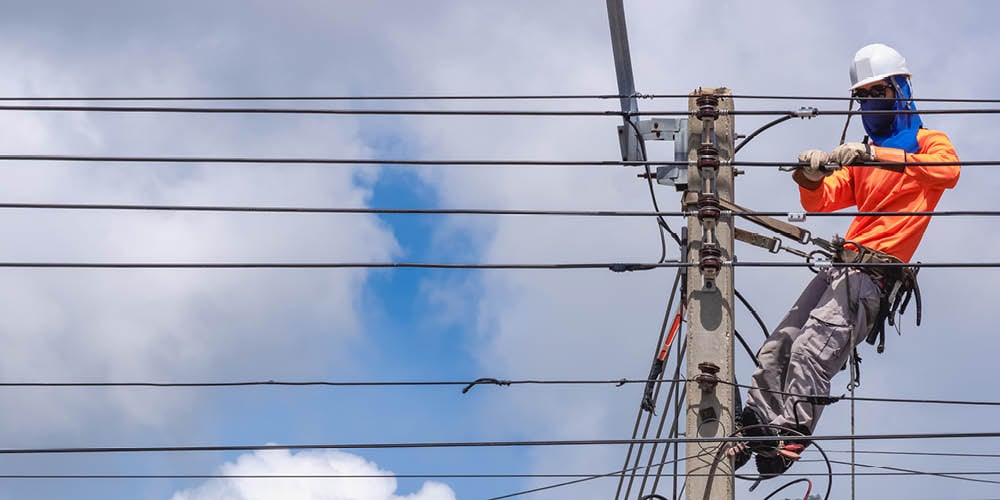Update your subscriptions for Grant Thornton publications and events.

In that context, one of the more significant developments in recent years hasn’t come from a headline-grabbing announcement at Stormont, but from a broadband company putting fibre cable into our rural, and some of our most remote, areas.
Fibrus, established in 2018, has become a central player in reshaping Northern Ireland’s digital infrastructure and, in doing so, is helping to deliver on the very regional balance agenda the Economy Minister has set out. I’ll declare an interest here – Grant Thornton’s economics team has just completed an assessment of Fibrus’ impact so I’ve been geeking out on broadband facts and figures lately.
Closing the connectivity gap in rural areas
Project Stratum, the publicly funded programme aimed at addressing broadband blackspots that Fibrus has been delivering, has now reached over 79,000 previously under-connected premises, with full rollout expected to hit 81,000. That’s not just an engineering achievement. It’s a material step forward in economic inclusion. Access to reliable, fast broadband is now a basic requirement for participation in the modern economy. Without it, businesses can’t compete, jobseekers can’t apply, and households can’t access the services they need.
Our independent analysis for Fibrus that was recently launched in Stormont suggests the project will deliver annual productivity gains of £50 million to the Northern Ireland economy. These are not abstract gains. They show up in more home-based working, fewer wasted hours, and greater commercial reach for rural firms. It is this kind of economic improvement that doesn’t always make news, but over time shifts the dial on how our regional economy performs.
Economic impact and the role of partnerships
Northern Ireland’s connectivity picture has changed significantly as a result. According to Ofcom, full-fibre broadband availability in Northern Ireland has risen from 85% in 2021 to 93% in 2024 — the highest rate among the UK nations. In rural areas, 95% of premises now have access to superfast broadband, compared to 89% across the UK. That gap matters. It turns the idea of rural disadvantage on its head. And, in an era where quality of life and ‘place’ are important factors in economic development, it is a strong selling point.
Fibrus’s role in this has been substantial. The company has generated over £430 million in expenditure and £217 million in Gross Value Added since 2020. While these numbers are important, I think there is a broader point to note about how private delivery and public policy can align around shared outcomes. When we have so many problems to solve across health, education, water infrastructure, etc. a partnership role is more crucial than ever.
Lessons for future infrastructure programmes
The Economy Minister has made it clear that a more regionally balanced economy is a priority for this Executive. Delivering that balance requires action and, importantly, it requires infrastructure - the physical and digital kind - that enables economic activity to happen anywhere. It requires good jobs, delivered where they’re needed. And it requires the kind of partnership model where public investment leverages private delivery to achieve public value.
In that regard, Project Stratum offers a good case study of a targeted intervention with defined outcomes making a difference to people’s lives. There is a lesson here — not just for broadband, but for any future programme seeking to shift opportunity outward from the urban core.
That’s not to say the work is done. Some gaps remain. Questions of affordability, digital literacy, and service sustainability will continue to matter. But the backbone is now in place.
In policy terms, this is a reminder that regional balance will not be achieved by accident. It will be the result of sustained, intentional effort across many big issues. Broadband might not generate the political attention of health or education but, without it, we cannot talk meaningfully about balanced economic growth.
As the Executive tries to deliver on its ambitions for a more regionally balanced economy, the progress made through Project Stratum shows what’s achievable. The benefits of improved connectivity are already being felt in households and businesses that were once on the wrong side of the digital divide. With the right investment and policy support, this kind of targeted infrastructure investment can drive Northern Ireland’s economy forward.

